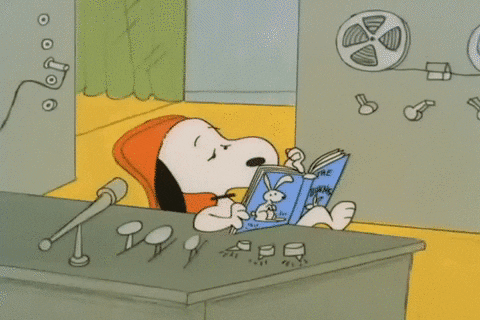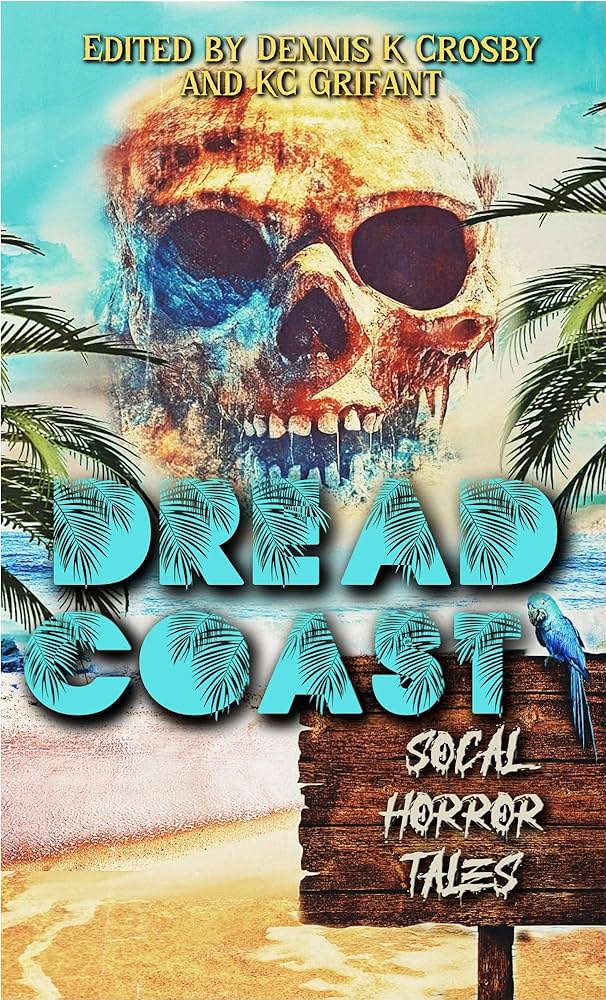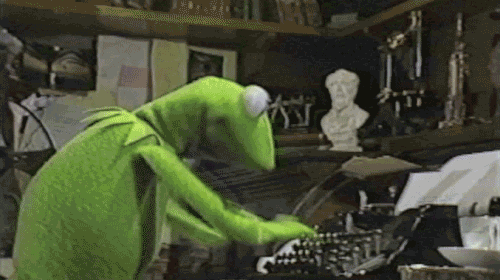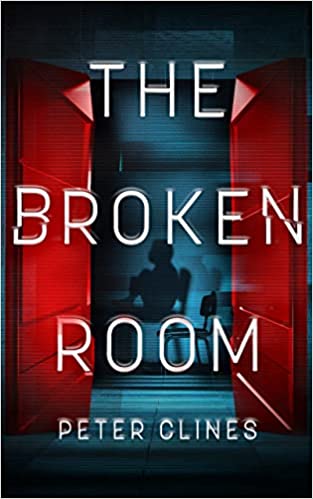Sorry there was no post last week. Wednesday-Thursday turned into this blur of flight cancellations, rescheduling, re-re-scheduling, re-re-re-scheduling, and all the while coordinating with Blackstone’s marketing and publicity folks about the event I was supposed to be going to and hopefully still would end up at…?
I made it. Barely.
And yes, somewhere in there I forgot to write up a ranty blog post.
So, a few weeks back I mentioned how one of the cool things about following a bunch of writers is getting lots of tips and advice. And there is tons of it out there. Actual digital tons. Some of it ends up being stuff I enthusiastically agree with. Some of it… isn’t. Sometimes it’s things that don’t work for me, but may for other people. Sometimes they’re things that only apply to a certain point or stage in our writing careers. Being able to sift through writing advice is, in my opinion, one of the best skills an aspiring writer can develop.

And—pretty much inevitably—someone decides to make a list. It’s how the internet works. If there’s more than one thing, we have to have an order. A priority list. A number-one-thing-to-do! This is the most important rule when it comes to writing! Ravens hate this one trick that will save you years!
Anyway…
For your enjoyment and possible education—and with the Golden Rule firmly in mind—here are my top ten tips for writers. I made up an earlier version of this seven or eight years back but I figured what the heck—it’s the internet. There’s always space for an updated list.
1 – Write Every Day
The controversial one, right up front. Allow me explain. Or defend myself, depending on your personal feelings on the matter.
I’ve said more than a few times that my intended audience here at the ranty writing blog, since the very beginning, is the folks hoping to write professionally. Maybe as a side gig, maybe the stars line up and they get to do this full time as a career. If that’s not you—no worries at all. There’s value to your writing no matter why you want to do it, and I think a lot of the things I talk about here are usable no matter what your end goal is.
With that in mind… if you follow any pro writers on social media, a very common thing you’ll see is that all of them are writing every day. Yes, even the ones saying you don’t have to write every day. I post about toys a lot, but guess what? I’m writing every day, five or six days a week.
If I want to do this for a living, I have to think of writing as a job. Yeah, sure, we’re not all there yet. We were just saying that. But the whole reason I got here was because I stopped treating my writing like a hobby and started treating it like something that had to happen every day.
Yes, lots of things count as writing. We’re going to get to that, don’t worry.
2) Read
It’s three weeks into September as I write this and I’m picking up my 24th book of the year. I think that works out to a book every… eleven days? My final count for the year is probably going to be in the 30s. And that’s not counting research material, news articles, and things like that. Or stories I get in other formats– movies, tv, podcasts. As I’ve mentioned once or thrice before, I’m a big believer that you can’t have output without input. People who think they can write without reading, well… they’re going to have some problems. A variety of them, really.

So read. Read everything you can. Read things in the genres you know and love, but also try to read books by people you’ve never heard of in genres you’re not a fan of. Push yourself to grow and learn and experience more.
3) Learn to Spell
I’ve talked about this many, many, many times. Learn words. Learn how to spell them. Learn what they mean. Words are the bare-bones foundation of writing. Wanting to be a writer when I can’t spell is like wanting to be a chef when I don’t know the difference between salt and flour.
Never be scared to grab a dictionary or type something into Google. I do it all the time, even just to confirm I’m right about exactly what a word means. Nobody’ll judge you for it. But they’ll absolutely judge you if you get it wrong.
4) Exercise your mind
This is kind of related to Tip #2. I think our minds work just like a muscle. We can’t just do one thing with them all the time. Spend a little time doing something else. Build a bookshelf. Build a model. Cook a meal. Sketch something. Paint something. Sing something. Hell, balance your checkbook. Do your taxes. Give your brain a chance to flex in different ways and it’ll work better overall.
5 ) Exercise your body
Another sad truth about writing. It generally involves sitting on our butt and, well, that’s kind of it, physically. Sadder truth—our brains needs oxygen to work. Oxygen comes from blood, and blood flow increases with exercise and decreases when we… well, sit on out butts.
So exercise actually makes it easier to write. This doesn’t mean go get a gym membership or run a 5k every morning. If you can do that, great, but just stand up from your desk or kitchen table and move around a bit. Go for a walk. Play with your cats. Do some jumping jacks. Stretch! Just get that blood flowing.
6) Learn the Rules
Nobody likes to hear this part but… there are rules to writing. Like spelling (see #3 up above). They exist and they exist for a reason. Rules are the common ground we share as authors and readers. If I don’t know the basic rules of a language, I can’t be surprised if I can’t communicate with people who speak that language.
Likewise, there are rules to storytelling. Again, not unbreakable ones, but they’re real and–on one level or another–we’re all aware of them. Certain universal expectations, and also some that are more tailored for different genres or styles. I need to have a good sense of how these rules work if I want to tweak or openly subvert them.
7) Enjoy it
Whatever reason I have for writing, I should be having fun with it. Yeah, even with all the rules and spelling and exercise. Writing should be enjoyable. Why would I want to spend all my time doing something I inherently don’t like? Write about stuff you love and ideas that fascinate you. Let writing be the high point of your day, and let that enthusiasm carry through onto the page.
And please ignore those weirdos who talk about starving artists or suffering for their art or any of that nonsense. All that approach does is make you… well, not like writing. Why would I approach this in a way that makes me not like doing it? Believe it or not, you can be a real writer without ever once feel tortured, traumatized, or misunderstood. Like so many things, if writing makes me feel miserable and frustrated… maybe I’m doing it wrong.
8 – Actually write it
I 100% believe that a lot of things count as writing. The planning and outlining. The twenty minutes kind of staring into space, or maybe the long walk where I quietly murmur dialogue to myself as two characters talk in my head.
But at the end of the day, the only real yardstick we have for progress is making words appear on the screen, the legal pad, the expensive little notebook, or those parchment scrolls you make yourself at your secluded cabin out by the lake. I can attend all the conferences and seminars, read every instructional book, or skim every random blog post with a list of rules, but if I never actually write anything… does any of it matter?
I was that guy for a while. I could tell you a lot about writing, what it meant to be a writer, what I planned to write, what real writers needed to do… but I never wrote anything.
The only way to move forward is… writing.
9 – Don’t be Scared to Break the Rules
So there are rules. No question, no discussion. Rules exist. We were just talking about that a few paragraphs up. But I don’t need to be trapped by them. I shouldn’t feel like rules are the end-all, be-all of writing. Just because someone can quote a rule that my story breaks doesn’t mean I’m doing anything wrong. It doesn’t mean I’m doing anything right, either, just to be clear, but it doesn’t mean automatic failure.
Y’see, Timmy, the rules are there as sort of a baseline starting point. Learn to do X and then we can talk about Y. They’re trying to get you past all those mistakes we see again and again and again in submission piles and sophomore writing classes. As Django Wexler pointed out a while back on Bluesky, all these rules have the silent, unwritten coda of “…until you know what you’re doing.”
Writing is an art. Even if I’m writing for commercial purposes, it’s still an art. And art is unique to every artist. I can use creative misspellings and odd story structures and characters who don’t fit perfectly in that heroic mold. Or the heroic tights. Or the heroic top… which seems to have shrunk a little in the mid-section since I became a full-time writer. We learn the rules so we can learn how to break them for maximum effect.
For example, you could tell everyone you’re doing a top ten list and just stop at nine. That’s okay. It’ll give people a chuckle and they’ll be more likely to remember the other things you said.
And that’s that.

Oh, if you’re in the Southern California area, this Saturday I’m going to be at Artifact Books in Encinitas signing copies of the Dread Coast anthology with a bunch of other authors. You should stop by and hang out, maybe pick up a copy. It’s for a good cause.
Next time… well, it’s getting near the wonderfully gruesome time of year, so let’s talking about cutting out that pound of flesh.
Until then, go write.






